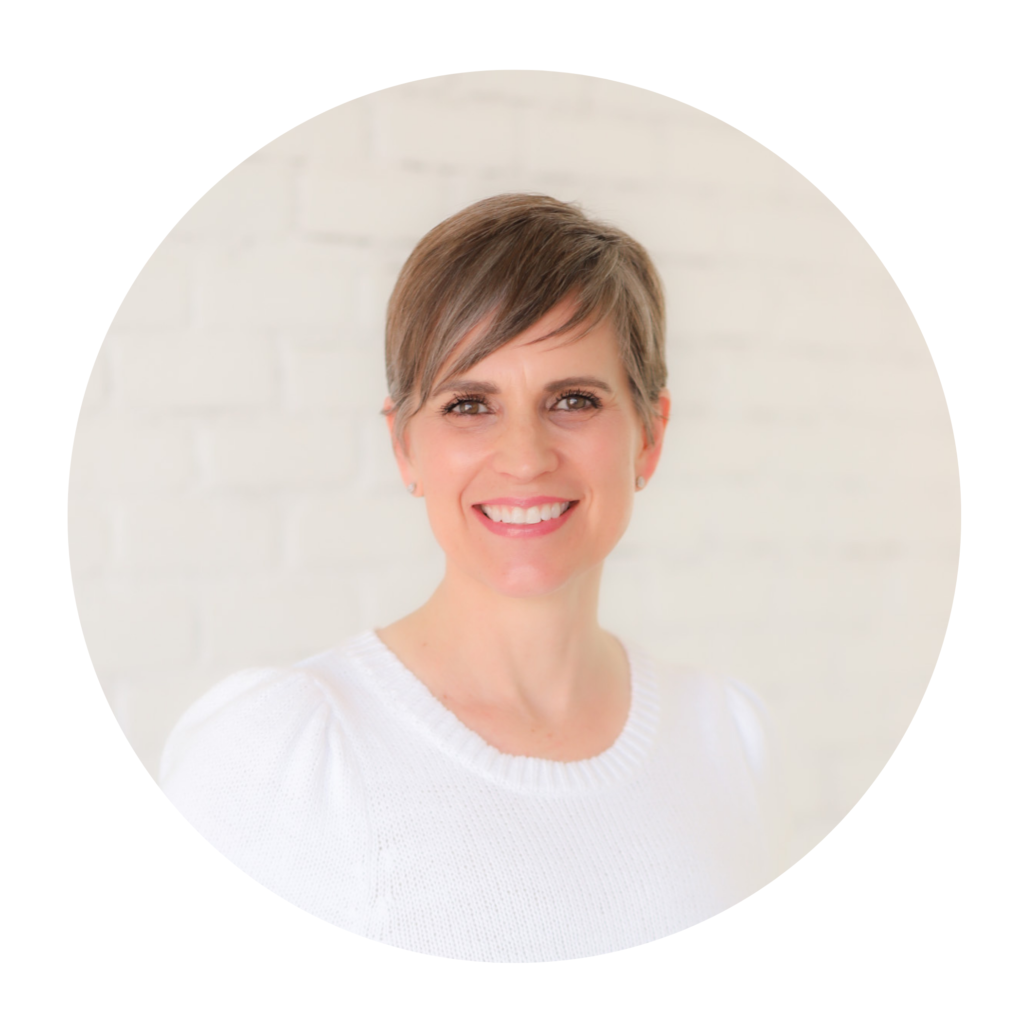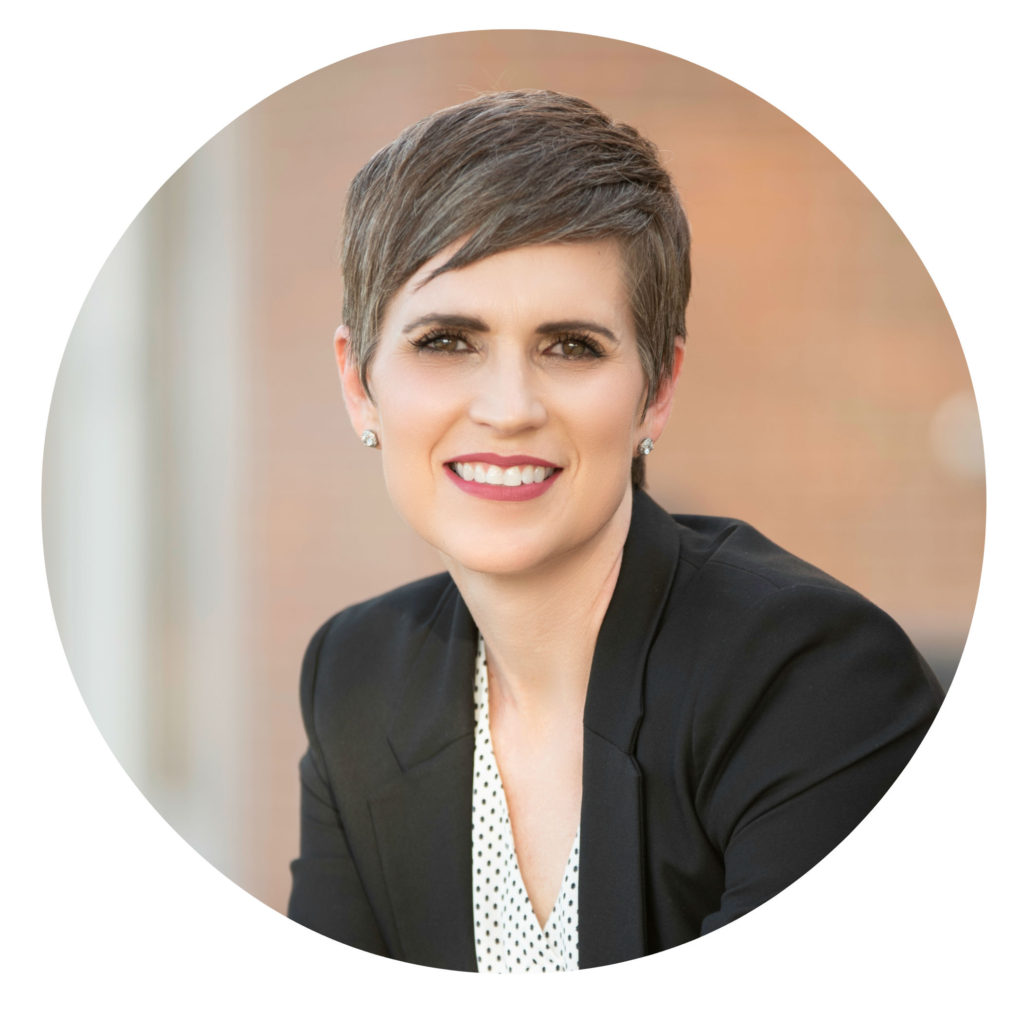“Why is this happening to me?”
It is a question you have likely considered over the last couple of months. After all, we are part of a global pandemic experiencing a scale of disruption, unlike any in our lifetime.
But what if we are wrong?
What if this isn’t happening to us, but happening for us?
What if we aren’t the victim in this story?
What if we are the hero?
A book club perspective.
I participate in a monthly book club. For the last three months, we have had our discussions through video conferencing. It isn’t the same, that is true. But whether it is better or worse depends on your perspective.
In the past, we would meet at someone’s house and have a nice leisurely lunch and then sit together and talk about the book for a little while. The majority of the time was catching up and talking about all the things: kids, husbands, tennis, travel plans, and sometimes books. There is a type of magic when we meet together. All of our senses are activated: taste, smell, sound, touch, and sight. It makes for a full and rich experience that is difficult to replicate in online meetings’ two-dimensional world.
Our attendance dropped when directives to not meet together in person were issued. The regular book-loving group of 12 steadily declined as the months passed, and at our last meeting, we had 2 participants. I was one of them.
Why am I talking about book club?
After we discussed the book, the conversation turned to potential changes to the 2020-21 school year. Our school officially closes out the academic year tomorrow. Administrators have not yet determined what the next school year will look like, but they have shared some options they are considering. My friend was not happy with any of them.
She was adamant that everything needed to return to normal as soon as possible. From her perspective, getting our kids back to school precisely as it was before is the best course of action. They needed to develop herd immunity, and that we shouldn’t be modifying what we have always done. Children need stability and predictability. She was making her case. It was a “why is this happening to me” argument, and it “shouldn’t be happening” position.
Because it was just the two of us having this discussion, I was able to see two perspectives that were in opposition to each other.
What the school district decides to do next year isn’t a concern for me.
I have already tried just about every education option on the planet, by choice. We have exclusively homeschooled, participated in a charter school, done online and distance learning, alternative private schools, co-ops, and enrichment programs. Right now, we have one child who attends a school that would be impacted by the decisions of a school board.
I know two things for sure. I always have a choice, and I can figure out a solution that works for my family in any circumstance. We happen to really like my son’s school, and whatever schedule they come up with, we will find a way to make it work.
I also believe that some amazing things could happen to our educational system as a result of the last few months.
There is no one right opinion to have on this matter. There are only opinions that cause suffering and those that do not.
It’s all about perspective.
We suffer when we argue with what is happening in reality.
We don’t know what our experience will be in the future, but our perspective does provide an indication. Change is inevitable; in fact, it is one of the things you can count on right next to death and taxes.
People who believe that things are happening to them see themselves as victims of circumstance. Byron Katie says that “every story is a variation on a single theme: This shouldn’t be happening. I shouldn’t have to experience this. God is unjust. This is unfair.”
A victim mentality creates the perception of being powerless. When we are feeling powerless, we don’t look for solutions. Instead, we look to other people to provide answers for us. We fault-find, stay stuck, and limit our access to creative problem-solving.
On the other hand, if you believe that life is happening for you, rather than to you, you no longer have tunnel-vision. You are open to more possibilities and potential solutions to your problems, which increases your awareness. This increased awareness moves you forward in whatever situation to find yourself.
I choose to believe that everything is happening for me, not to me.
Fighting with reality is what creates suffering. Always. I don’t want to suffer when there is another option.
I have created a lot of unnecessary suffering in my life by fighting against the things I could not change. I didn’t always know it, but I do now. Each event, circumstance, situation, and person you disagree with is an opportunity for growth – if you choose.
When I look back over my life with this perspective, it is easy to see how challenging times were changing me for the better.
- A marriage that ended in divorce was my first taste of confidence earned from doing hard things.
- Working and supporting myself taught me that I was capable, and my skills were valuable.
- My husband’s medical schooling and residency years provided experiences that would prepare me for what I would do in the future.
- Having an unplanned pregnancy at 40 taught me to surrender my plans and work with reality instead of against it.
- Building a coaching practice continues to challenge and stretch me in ways that work together for my ultimate good.
There will still be disappointment, sadness, and growing pains along the way. But, whatever comes next will benefit me. Of that, I have no doubt.
That is how life works if you let it.
Often this is easier to see the further removed we are from the event. But distance isn’t necessary. It is always available, even in our current circumstances. Right now, we are coming out of the COVID fog, or at least I think we are. But there is still a lot of uncertainty. And it is possible that what we once knew as normal may never return.
The way out of suffering is through acceptance.
Wishing that things were the way they used to be is resistance. Resistance is the opposite of acceptance. Acceptance is freedom.
What does acceptance look like?
It looks like letting go of the way you think things are supposed to be and embracing the way things are now. Right now. When you do, you can have confidence that although things might not always go as you plan, there’s still something useful and often better in store for you.
Taking on this perspective is easier said than done, but it is possible. When you relinquish control of the way you think things should be, and accept that everything happens for you, you will still feel disappointment, but the silver lining will appear more quickly.
Accept things as they are and decide what you can and can’t do about it.
Start by asking questions.
If you remember from last week, questions are directions for your brain. The key is to ask empowering questions that move you forward.
Here are five questions you can ask yourself:
- What’s the bigger picture here?
- What am I reacting to?
- What does this situation mean to me?
- What would be the best thing for me to do?
- If this were happening to my best friend, what advice would I give them?
When you do this, you are engaging your brain and taking the focus off the “feeling.” Asking questions are useful when you are trying to distance yourself from something distressing for you. For my friend, it was the announcement from the school district. When negative emotions become overwhelming, engage your brain so you can work out a solution using questions like the ones above.
If this is difficult, don’t be discouraged! Situations like this require a different perspective, and this is why having a coach is valuable.
I am not a victim in my story. No matter what plot twists come next, I am a hero.
You can be too.
Photo by Kimberly Farmer on Unsplash



